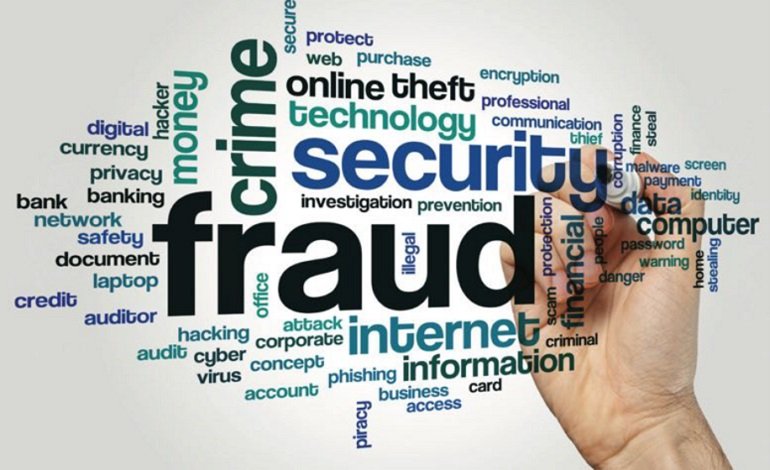How many times have we found ourselves trapped in these situations? One opens their personal email account and is welcomed by an email with unmissable wealth in the subject line. A relative was missing all along, a lottery I never wished to win, or a dying multimillionaire. While these emails are definitely luring, they are unarguably well-crafted cons designed to rob your identity and money. Since I am one of those who has experienced these phishing emails, here is a guide on how to avoid such emails in the future.
1. Understanding How Scams Work

A blunt analysis reveals that these scams usually operate with a few guidelines. They manipulate your feelings—standing right on the edge of taking advantage of fear, urgency, and even your good-heartedness. Take one of the versions of the examples we’ll look at below:
The Fraudulent Miss Cooper
An email has found its way into my inbox and what a surprise it has in store. “Mrs. Anna Cooper” claims to be an elderly woman with a terminal illness. One needs to fight their way through it. She continues sharing a blend of heart-wrenching stories of her deceased husband and how he left millions behind for a noble cause. But along with the divine telling of hers comes a request: all she asks for is the person’s help.
Is this story as unbelievable as it sounds? This is the way scammers operate—using elaborate storytelling techniques almost anyone can fall into the trap.
2. Key Warning Signs to Identify Scam Emails

- Suspicious Email Address:
- Is the email coming from a free service like Gmail or Yahoo? A legitimate company will typically have its own domain.
- Generic Salutation:
- Is there a “Dear Friend” or “Hello” instead of your actual name? Legitimate emails often address you personally.
- Too Good to Be True:
- If an offer sounds too good to be true, it probably is.
- Emotional Manipulation:
- Scammers use sob stories to manipulate emotions and gain sympathy.
- Urgent Action Requests:
- Scammers create a false sense of urgency to pressure you into quick decisions.
- Grammar & Spelling Mistakes:
- Poorly written messages often indicate a scam.
3. The Risks of Responding

Even if you don’t provide sensitive information, responding to scam emails can endanger your security. Scammers can use your reply to gather personal details for future attacks or identity theft.
4. How To Stay Safe from Phishing Emails
- Stay Alert:
- Be wary of unsolicited emails, especially those related to money or prizes.
- Verify the Sender:
- Always check the email address and research unfamiliar senders.
- Avoid Clicking Links:
- Never click links or download attachments from suspicious emails.
- Report Suspicious Activity:
- Notify your email provider and report phishing emails to UK authorities like Action Fraud.
- Educate Yourself & Others:
- Stay informed about the latest scams and spread awareness within your circle.
Final Thought:
The best defense against phishing scams is a healthy dose of skepticism. Stay cautious, stay informed, and stay safe!

Hi, I do think your web site may be having browser
compatibility issues. Whenever I take a look at your web site
in Safari, it looks fine however when opening in I.E., it’s got some overlapping
issues. I just wanted to provide you with a quick heads up!
Apart from that, great site!
Thank you for your feedback! I appreciate you bringing the browser compatibility issue to my attention. I recommend using Google Chrome for the best experience, as it ensures better performance and compatibility with modern web standards. If you have any more details about the issue in Internet Explorer, feel free to share. Glad you like the site!